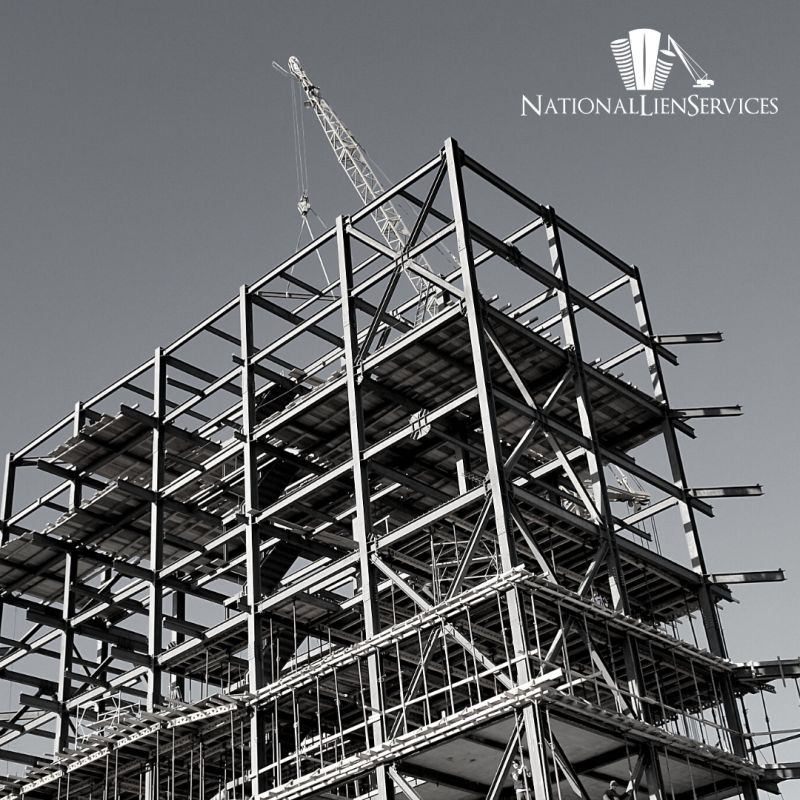Our Guide to Preliens, Waivers, Mechanic's Liens, and Bond Claims in West Virginia
 West Virginia
West Virginia
Questions? Contact Us
This is an overview of the state's statutory approach to lien law and what contractors might want to focus on to ensure lien rights are established timely, correctly, and effectively.
While we are happy to provide this guide as a quick reference, we HIGHLY encourage that you work with a construction attorney to help you with your particular circumstances in our complex construction lien law environment.
West Virginia Quick Overview
| Pursuant Code | W. Va. Code § 38-2-1 et seq. | |
| Prelien Required for Private/Commercial Projects | No, but may be beneficial | |
| Prelien Required for Public Projects | No | |
| WV Statutory Relief | Full Price | |
| Lien Milestone Event | Last furnishing/last invoice | |
| Lien Enforcement Deadline | 120 to 180 days | |
| Waivable Lien Rights | No specific statutes | |
| Supplier to Supplier Rights | Likely No | |
| Prelien Document Name(s) | ||
| Prelien Minimum Information | ||
| Prelien Minimum Notifications | ||
| Prelien Recording Requirement | No | |
| Prelien Notarized | no |
Understanding the Prelien Process on Construction Projects in West Virginia by Role
West Virginia does not require a preliminary notice for any party to preserve lien rights on private projects.
Mechanic's Liens in West Virginia
West Virginia does not require a preliminary notice to preserve lien rights on private commercial construction projects. A contractor, subcontractor, or material supplier must record a mechanic's lien in the clerk's office of the county where the property is located within 100 days of completing their work or furnishing materials. A lawsuit to enforce the lien must be filed within 6 months after recording. If the owner is a non-resident or cannot be found, publication of the lien notice may suffice. Lien claimants may be released if they fail to provide an itemized statement of account upon written demand from the owner.
Bond Claims in West Virginia
West Virginia's Little Miller Act (W. Va. Code § 5-22-1) governs public projects. While preliminary notice is not required, subcontractors and suppliers must file a claim with the surety within 90 days of last furnishing labor or materials. Lawsuits to enforce a bond claim must generally be brought within 1 year of the claimant's last furnishing. The law does not specify detailed notice provisions but does require timely enforcement.
Construction Lien Waivers in West Virginia
Required Format: West Virginia does not require any specific statutorily required verbiage to be valid but be sure to check with your constuction attorney and consult any relevant state statutes.
Required Notarization: West Virginia does not require waivers to be notarized.
Lien waivers are not governed by detailed statutory provisions in West Virginia, and general contract law principles apply.
Learn more about waivers here, including the when and how to use various types of waivers, the difference between a Lien Waiver and a Lien Release, what to look for before signing, and more.
- As a client, you'll have free access to our system that easily creates statutorily correct lien waivers.
- Through our technology partner Prelien Pro, you can also access best-in-class lien waiver management software, allowing you to easily track, collaborate, and share lien waivers with all your trade partners.
Assessors' websites in West Virginia counties
Most often, the county Assessor's office is the 'go-to' resource for finding online lien-related information for construction project parcels, including ownership records, special warranty deeds, and more. Counties that we've not yet found online (those with '*') link to a Google search for your convenience.
Other Important Construction Links in West Virginia
Frequently Asked Questions (FAQs) on West Virginia Lien Processes for Contractors
Is a preliminary notice required to secure lien rights in West Virginia?
No. West Virginia does not require contractors, subcontractors, or suppliers to send a preliminary notice in order to preserve lien rights.
When is the deadline to file a mechanic's lien in West Virginia?
The lien must be recorded with the county clerk within 100 days of the last day labor was performed or materials were furnished.
How long do I have to enforce a mechanic's lien after filing?
A lawsuit to enforce the lien must be filed within 6 months after the lien is recorded.
What if the property owner is out of state or cannot be found?
If the owner is a non-resident or cannot be located, notice may be satisfied by publishing it in a legal advertisement and posting it on the property.
Are there special rules for public works projects in West Virginia?
Yes. Under the state's Little Miller Act, claimants must submit bond claims to the surety within 90 days of last furnishing labor or materials and file suit within 1 year.
We Set the Standard for the Construction Industry
Not only do we provide you with the tools, knowledge, and team to ensure you feel confident your rights are secured, but we're prepared for the trenches and ready to coordinate with your legal team when things "go sideways" on one of your projects.

